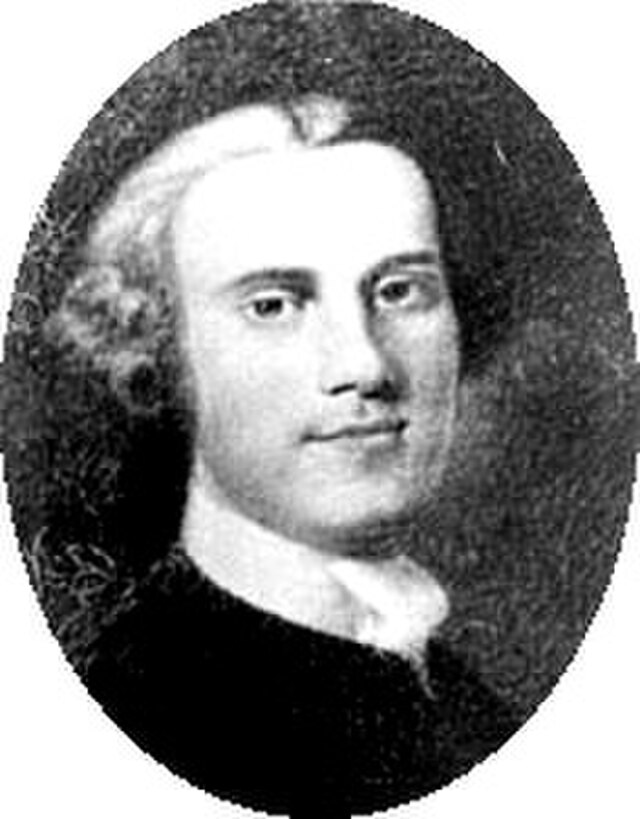Richard Stockton
1730 - 1781

https://www.dsdi1776.com/
I was born in Princeton, New Jersey, on October 1, 1730, into a family rooted deep in the soil of the colonies. My father, Judge John Stockton, was one of the founders of the College of New Jersey, what you now call Princeton University. Our family home, Morven, stood as a symbol of commitment to learning, liberty, and service. I followed that path, studying under Reverend Samuel Finley before graduating from the College in 1748. I went on to study law under the renowned David Ogden and soon became one of the most respected legal minds in the colonies.
I built a thriving practice, earned the title of Sergeant-at-Law—the highest rank attainable—and traveled to London in 1766, where I met with the King himself and delivered a speech celebrating the repeal of the Stamp Act. I dined with members of Parliament, stayed with nobles, and spoke boldly in defense of the colonies. I carried with me not only arguments, but conviction. During that trip, I persuaded Reverend John Witherspoon to come to America and lead our young college, ten years before we would stand together and sign the Declaration of Independence.
By the time the Revolution loomed, I had served on the royal council and the New Jersey Supreme Court. I tried everything to avoid war, drafted compromises, warned the Crown, but when the time came to choose between king or country, I chose liberty. I took my seat in the Continental Congress in June 1776, arriving in Philadelphia soaked from a thunderstorm, just as John Adams was finishing a fiery speech for independence. I asked him to repeat it. He did. And by the end of the debate, I gave my full support. On July 4, I signed the Declaration of Independence, pledging my life, fortune, and sacred honor.
And I paid for it. That November, the British marched into New Jersey. I sent my family to safety, but I was captured and dragged from bed in the middle of the night, marched half-dressed through freezing cold, and thrown into a prison in New York City known for death and despair. There I was starved, shackled in irons, and nearly frozen to death.
General Washington himself protested my treatment. General Howe finally released me on parole, too weak to continue the fight. I came home to find Morven plundered, my library burned, my possessions gone. British troops had even slept in my bed. I resigned from Congress and tried to recover my health, but it never returned fully. I died on February 28, 1781, five years after signing the Declaration, and months before the war was won.
Today, Morven stands as a museum to New Jersey’s past. A statue of me rests in Statuary Hall at the U.S. Capitol. A rest stop bears my name, and a college once did, too.
